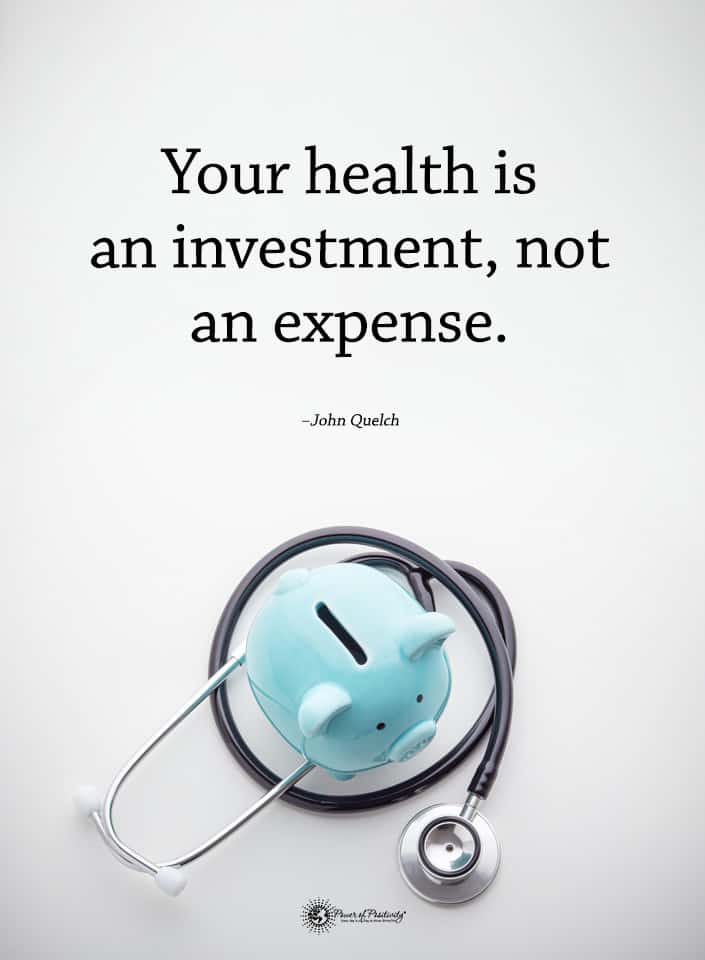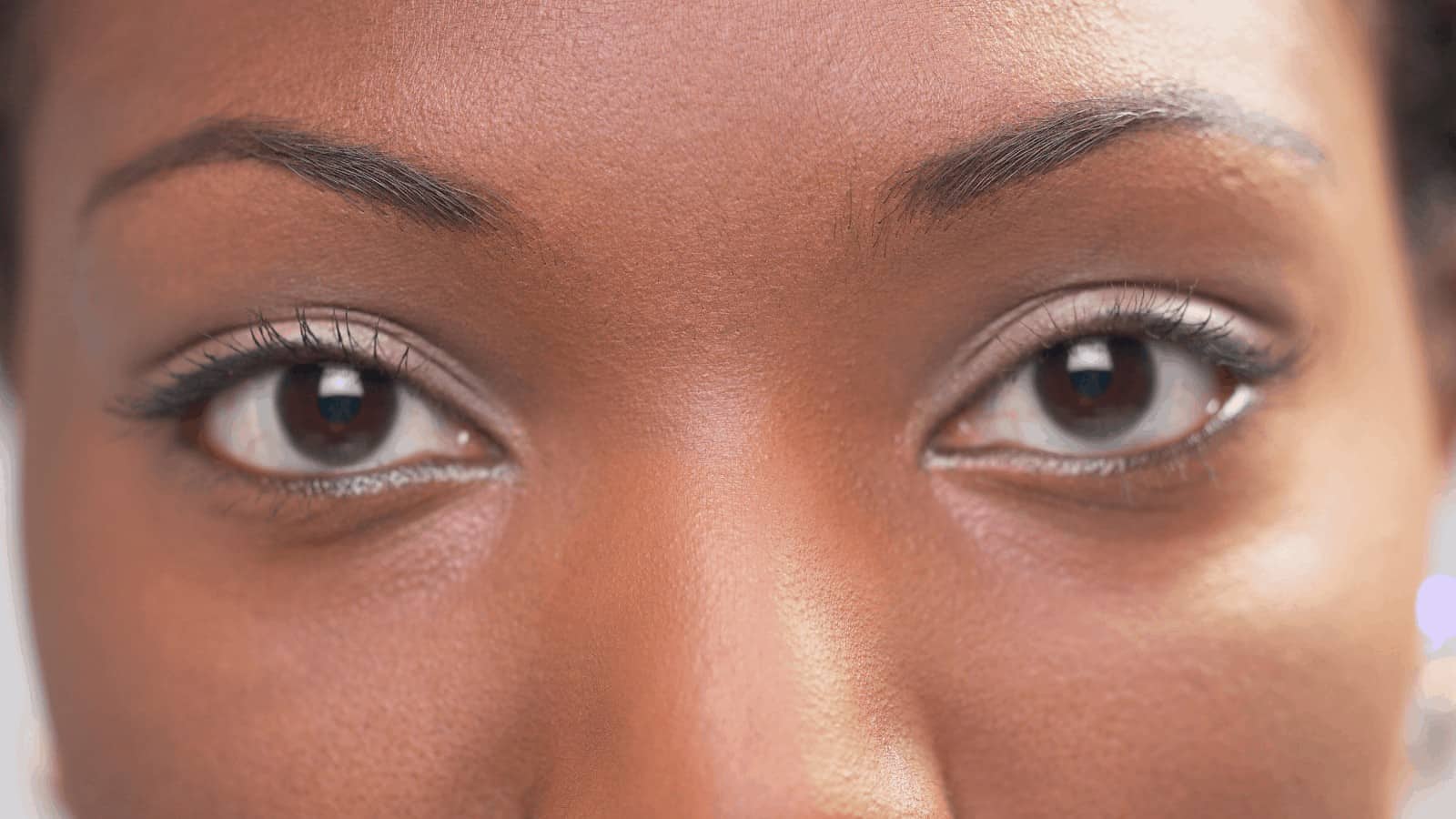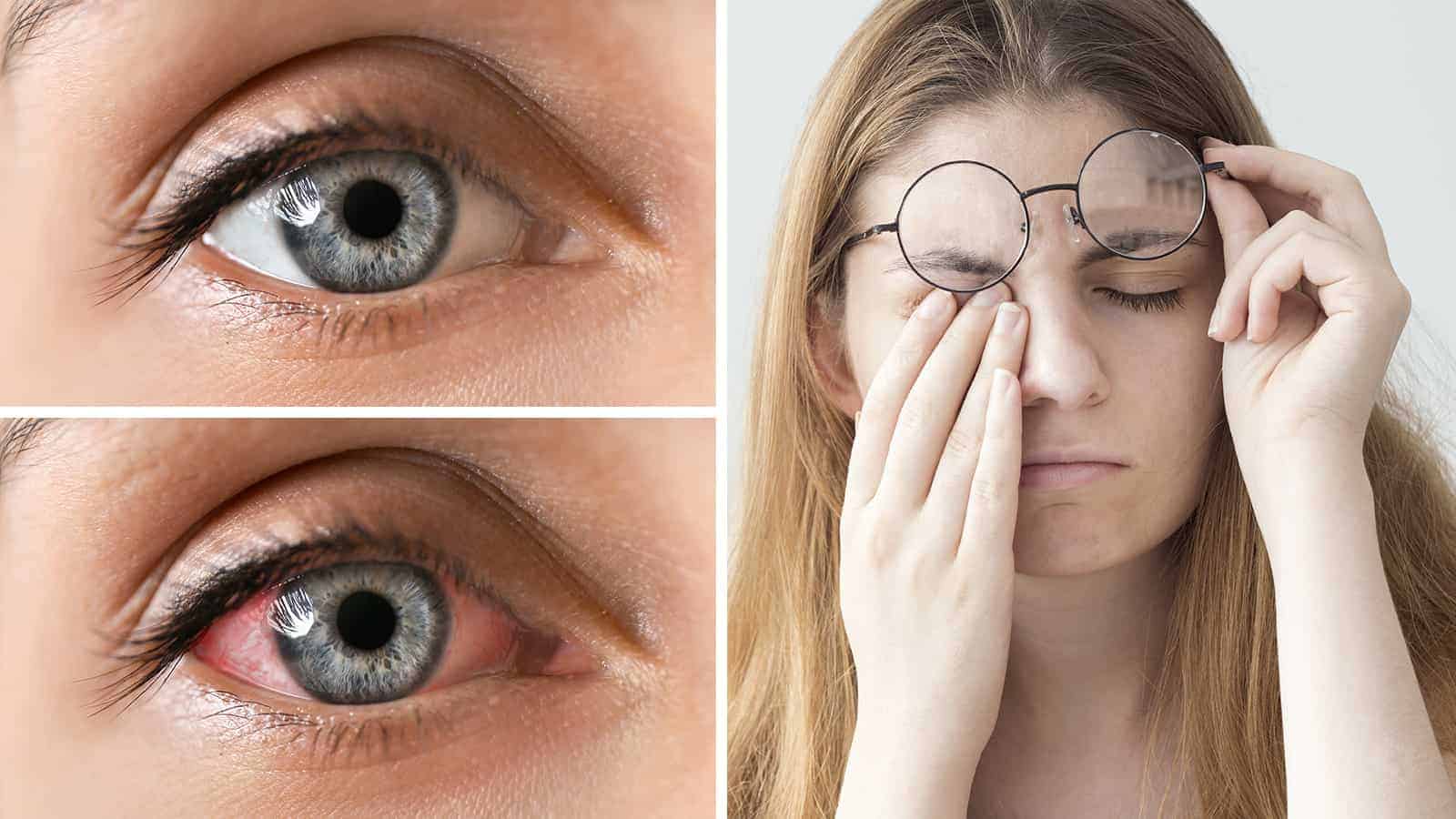Healthy eyes make a big difference in your life. Whether you’re watching your daughter play baseball or enjoying an early morning sunrise while jogging, your eyes work hard to show you what’s going on around you. There are many practices you can incorporate in your life to keep your eyes healthy plus protect your vision.
Here are 15 simple habits for healthy eyes.
How can you promote ocular wellness for life?
1 – Sunglasses
 It’s tempting to want to reach for the cute sunglasses that are trending right now. But that shouldn’t be your only criteria when you shop for sunglasses. Look for sunglasses that block 99% to 100% of UVA and UVB rays. The UV rays or radiation from the sun can damage your eyes, lens, and cornea. Certain eye conditions develop due to overexposure to the sun, like cataracts and maybe even macular degeneration. Your sunglasses should block out at least 75% to 90% of the sunlight. The lens shouldn’t have weird imperfections that can distort your vision. A gray lens is supposed to be best for seeing colors properly, but usually, the lens’s color doesn’t matter for protection. Choose wrap-around sunglasses or a close-fitting style with a wide lens to get the best protection. If you’re at the beach, wearing a hat along with sunglasses adds more protection for your eyes.
It’s tempting to want to reach for the cute sunglasses that are trending right now. But that shouldn’t be your only criteria when you shop for sunglasses. Look for sunglasses that block 99% to 100% of UVA and UVB rays. The UV rays or radiation from the sun can damage your eyes, lens, and cornea. Certain eye conditions develop due to overexposure to the sun, like cataracts and maybe even macular degeneration. Your sunglasses should block out at least 75% to 90% of the sunlight. The lens shouldn’t have weird imperfections that can distort your vision. A gray lens is supposed to be best for seeing colors properly, but usually, the lens’s color doesn’t matter for protection. Choose wrap-around sunglasses or a close-fitting style with a wide lens to get the best protection. If you’re at the beach, wearing a hat along with sunglasses adds more protection for your eyes.
2 – Eat a healthy diet
It’s easy to forget how important your diet is for all parts of your body and your eyes are no exception. Eating a healthy diet rich in minerals and vitamins will make the difference between whether your eyes are healthy or not. Over time, poor eating will come back to haunt you with eye disease and other health problems. To keep your eyes their healthiest, add these foods to your diet.
Dark leafy greens:
Eating leafy, dark greens like kale, spinach, and collard greens for vitamin C and folic acid.
Oily fish:
Oily fish are high in omega 3s. Studies show that eating many Omega 3 rich fatty acids can protect your eyes from eye conditions like macular degeneration and dry eye disease. Choose oily fish for the highest levels of Omega 3, including:
- Salmon
- Mackerel
- Lake trout
- Bluefish tuna
- Sardines
- Herring
Nuts and seeds:
High in Omega 3 and vitamin E, these little tasty morsels are great on salads or snacks. Choose nuts and seeds such as
- Walnuts
- Peanuts
- Cashew
- Flax seeds
- Chia seeds
Carrots and sweet potatoes:
Orange veggies are rich in beta carotene and vitamin A. That’s why they are orange. Vitamin A is an essential vitamin for your eyes to help your retina properly absorb light.
Eggs:
Eggs are a great source of lutein, which helps reduce eye disease.
3 – Give up smoking
Smoking increases your chances of getting macular degeneration or cataracts. Smoking also makes your blood vessels get narrower, which leads to improper blood flow to your eyes and other parts of your body. This makes you susceptible to strokes and high blood pressure, which affect your eyes.
4 – Exercise
Staying physically active lowers your risk of heart conditions such as high blood pressure, diabetes, and high cholesterol, which affects your vision. Exercise increases your blood flow sending oxygen to the parts of your body, including your eyes. You’ll have better cardiovascular health, which is important for good eye health.
5 – Safety glasses or goggles
When you’re at work, playing sports, or doing home repair projects, remember to wear protective eyewear. It may seem like a nuisance to put them on, but one injury to your eyes could damage them and change your life. It’s not worth the risk to your eyes for a small inconvenience, like wearing safety glasses or goggles.
6 – Normal age risk
Getting older carries some risks, especially to your eyes. As you age, you’re more apt to have eye problems due to regular wear and tear on your eyes, genes, and other things like sun exposure or your workplace. If your general health is good, you’ll be less prone to eye problems later in life.
7 – Rest your eyes
Your eyes work hard all day. If you use a computer or a smartphone during the day, be sure to give your eyes a break during the day. The rule of thumb is to take a break every 20 minutes to look at something that’s 20 feet away for 20 seconds. This gives your eyes a rest from looking at a screen all day. Besides decreasing your eye strain, these breaks can help reduce headaches caused by too much screen use.
8 – Good contact care
If you wear contacts, always wash your hands when you remove or put them into your eyes. Keep the contacts disinfected properly, and don’t wear them longer than you’re supposed to. At the first sign of irritation, itchiness, or pain, call your eye doctor for a check-up. You could have an infection.
9 – Regular eye exams
It’s important to take good care of your eyes, just like you do your body—schedule regular check examinations, especially an exam that looks for eye diseases. Your eye doctor will dilate your eyes to be able to look for signs of disease. Even though your eyes feel healthy, you could have eye problems. Catching it early could be the difference between saving your vision. Those who need eyeglasses to correct their vision may use these details.
10 – Adjust the brightness of your computer screen
Using a computer all day can take a toll on your eyes. But taking frequent breaks and adjusting the brightness on your computer screen will help prevent eye strain. Keep the brightness level as low as possible without causing you to squint. Turn on a few lights in the room, unless there are windows for natural light. Having background light reduces glare from your computer screen.
11 – Don’t get too close
Keep a safe distance from your computer, phone, or television. It’s suggested that you keep your computer at least 20 to 40 inches away from your face and eyes. Hold your phone 15 to 20 inches away. Using these devices at a closer range can cause eye strain.
12 – Don’t let your eyes get dry
When your eyes get too dry, they are susceptible to infection, blurriness, or double vision. Blink as often as you can. If needed, buy over-the-counter eye drops that add moisture to your eyes.
13 – Wash your hands
Your hands can harbor germs and bacteria. Always wash your hands before you touch your eyes, especially if you wear contacts. Use warm water and soap, and be sure to rinse your hands completely. Washing your hands can prevent eye infections like pink eye and even keep colds, flu, or Covid from entering your body.
14 – Limit the use of tablets, smartphones, and computer
Try to give your eyes a big break away from your devices as often as you can. Get outside and go for a walk, enjoy the natural light and colors in nature all around you. Your devices emit blue light waves that can, over time, damage your eyes. Some people suggest that you take lutein and zeaxanthin supplements to protect your eyes from blue light exposure.
15 – Be careful with your eye makeup
Eye makeup is safe to wear as long as you remove it every night before going to bed. Also, check the expiration dates on your eye makeup and throw away anything that has expired, even if it looks okay. Keep brushes and wands clean. Never share your eye makeup with anyone. This is a sure way to get or pass on an eye infection.
What other things contribute to your risk of eye disease?
As you age, you naturally become susceptible to some eye diseases. Plus, you may have certain genetic tendencies in your family that put you at greater risk for eye problems. Eye disease risks also include:
- Being overweight or obese
- Having a family history of an eye disease
- Being African American, Hispanic, or Native American
Other health conditions that cause eye problems include:
- High blood pressure
- Diabetes
- Lymes disease
- Shingles
- Autoimmune conditions
- Liver disease
- Sickle cell disease
If you don’t know if your elderly family had eye problems, be sure to ask the older members about this. They can be a gold mine of information to find common eye diseases in your family.
 Final thoughts on keeping healthy eyes for life
Final thoughts on keeping healthy eyes for life
There’s nothing better than seeing a beautiful painting or watching the sunset over the ocean. Taking care of your vision guarantees you’ll be able to see these things for a long time. There are many ways for you to keep your eyes healthy. These 15 suggestions provide everything you need to know to keep your eyes safe, well-nourished, and free from infection.
Practice health habits like washing your hands before touching your eyes and wearing safety goggles. Keep up to date on your regular eye exams, and don’t forget to ask your grandma about the family history of eye disease. Start practicing good habits to promote healthy eyes today. You’ll be glad you did for the rest of your life.


















